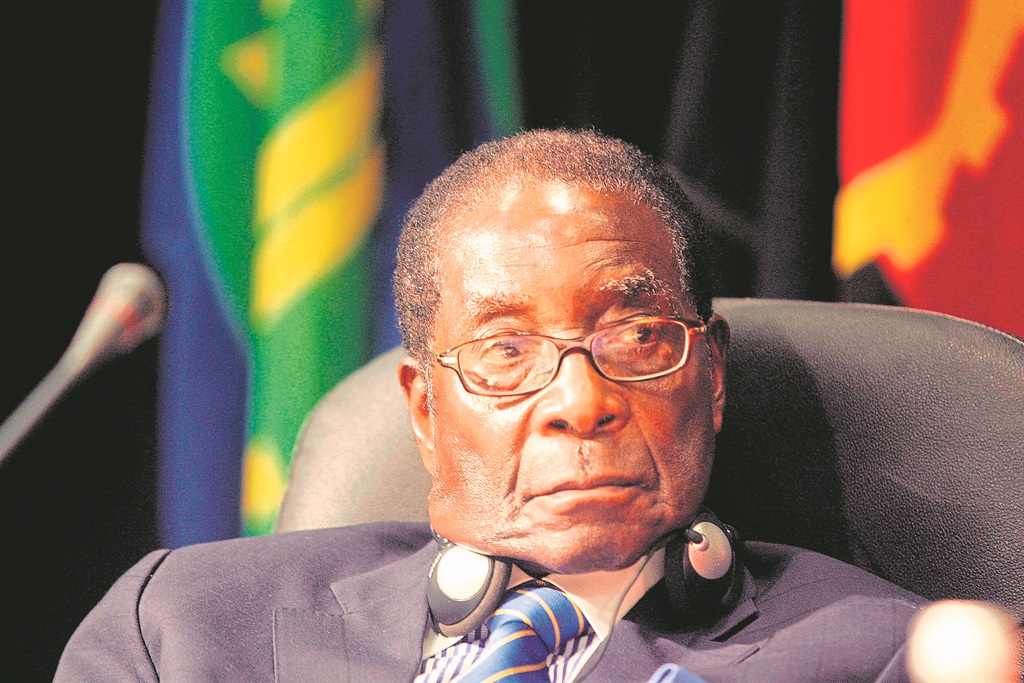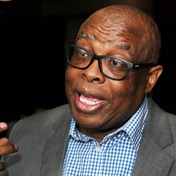
Twenty-year-old Tariro Gweshe, a neighbour of late former Zimbabwean leader Robert Mugabe in his rural Zvimba village, has a rare appreciation for the former guerrilla fighter, especially among those of her generation, and more so as both powerful and ordinary Zimbabweans this week expressed mixed feelings over his legacy and rule.
Mugabe died in Singapore, aged 95, early on Friday, bringing to an end the two illness-riddled years that followed his ousting from power in a military coup in November 2017.
President Emmerson Mnangagwa replaced him. The two, although initially at loggerheads, appeared to have moved on, with family members saying Mugabe and his wife, Grace, had accepted the coup.
Mugabe’s death comes as Zimbabwe lurches from one political, economic and social crisis to another. Many in the country have been blaming the late nationalist for the economic mess that they are trying to shake off.
But, in Gweshe’s opinion, Mugabe leaves behind a good legacy for his people: “We are sad to hear about his death because we know our lives will never be the same again. Thanks to him, I was able to go to school and to be among the educated in the country. Under his rule, life was better. We could afford to buy things, but now it is horrible.”
Her mother, Susan, also speaks of how life worsened for them after Mugabe was removed from power.
“It has been getting more and more difficult. We feel like we have been on our own ever since he was removed from office. We are mourning for our son here in Zvimba. He remains one of us and we will remember him for all the good things he did for us, like setting up irrigation schemes and giving us good education.”
This sentiment is shared by those who supported and stood by Mugabe, especially those belonging to the G40 camp that fell with him in 2017.
Leo Mugabe, a spokesperson for the family, told City Press by phone yesterday morning that they had not yet finalised funeral arrangements.
Far from his rural home, and mainly in Harare, there is a general sense of bitterness among citizens, although this has of late been tinged by exasperation over how life appears to be worsening even though Mugabe is not longer in power.
In beerhalls, on the streets and in homesteads, people have been debating Mugabe’s contribution to the country’s economic difficulties.
Others have expressed misgivings over his role in the Gukurahundi massacres in the Matabeleland region.
Those living in cities have been unforgiving regarding the harassment of his opponents, as well as the abductions and disappearances of activists such as Itai Dzamara, which happened on his watch.
“I don’t see how he can be celebrated. He is the author of our troubles as a nation. More Zimbabweans are leaving the country because it is unbearable here. It all started with him,” said Braeside resident Brighton Jumbe.
Many consider Grace to be Mugabe’s downfall, especially after he tried to propel her into power within the Zanu PF party, although he had always insisted that his successor had to be elected by the people.
Zimbabwe Defence Forces commander General Philip Valerio Sibanda – one of the key organisers of the military takeover of power from Mugabe – was quick to emphasise that Mugabe should be remembered for the good that he did: “Whatever happened towards the end of his leadership should not be used to rubbish the good things that he did during his life.”
Opposition leaders including Nelson Chamisa and Tendai Biti had kind words for their long-time political nemesis, saying he had made a big contribution to the country’s liberation war.
“There are issues where we differed sharply. We differed on how to manage the economy and on how to treat the rule of law, as well as on issues of property rights and the Constitution,” said Chamisa.




 Publications
Publications
 Partners
Partners









